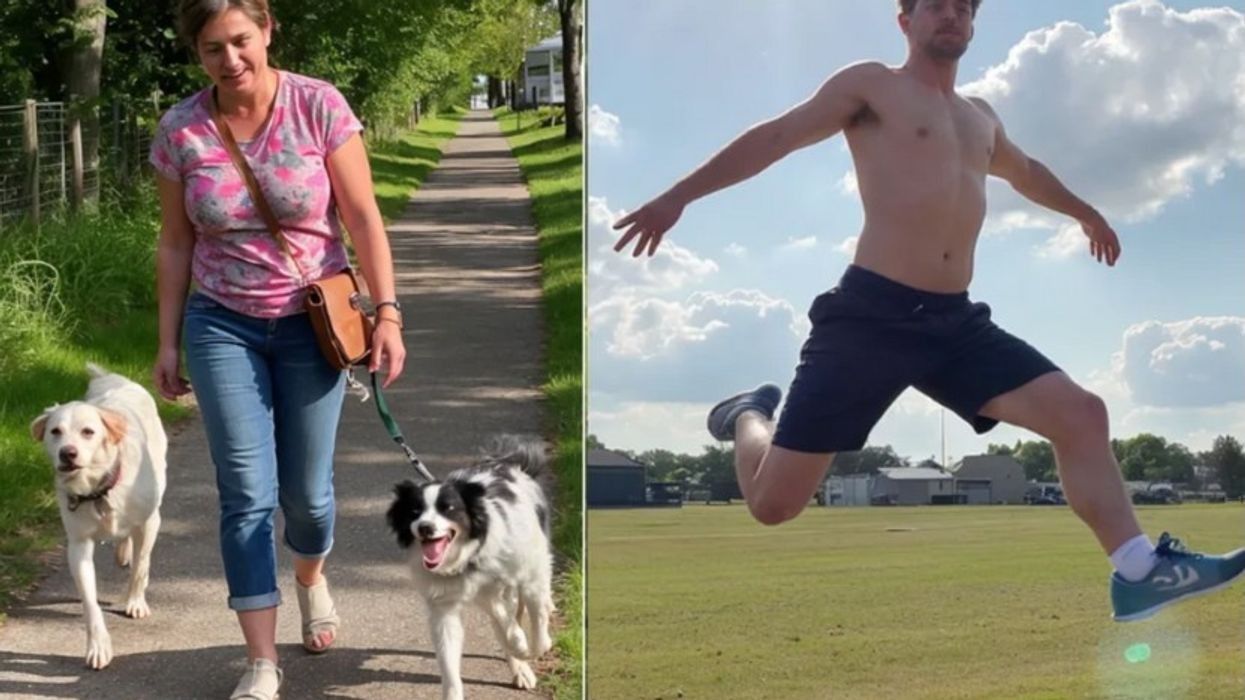When we were three years old, my best friend, Bret, and I knew the game of tag was forbidden inside our Long Island preschool. We flouted the rules one afternoon and tore through the classroom anyway. I chased Bret, pumping my arms and running with all my might, smack into a teacher who was blocking my way.
“Girls aren’t supposed to run around the classroom,” she towered over my three-year-old head. “You should know better. Go sit in the corner.”
From the corner, I watched forlornly as Bret assumed a grave expression and joined the rest of the class for story time. In that corner, in 1986, I became acutely aware of sexism. I became a feminist.
That was 20 years after the movement’s second wave ignited, as depicted in She’s Beautiful When She’s Angry, a Mary Dore-produced documentary I caught in the East Village last weekend. It’s a not-altogether dispiriting tour through five of the busiest years of the movement—1966 to 1971—that fomented consciousness-raising meetings and the National Organization for Women; demonstrations against catcalling and the Pill’s side effects; and rallying cries for women to control not only their reproductive lives but their working lives as well.
Dore and her team weave historical footage with modern interviews with about a dozen second-wave leaders recounting their younger days at the forefront of the battle for political, economic, and social equality. It took courage and creativity at first, but as more and more women signed on and they graduated from burning bras to burning college degrees that taught nothing about women’s history, it seemed more like a party, one that I’m genuinely sorry I missed. The film was astonishing in reminding us of the “liberties” we take for granted today. Women can have bank accounts; job ads are no longer segregated by gender. We forget that, without these activists, the notion that women can have a life outside of the home would still be controversial.
The documentary underscored that the movement wasn’t called women’s liberation for nothing. Are we liberated from double standards and narrow constricts of how to live and act? Yes, more so. But we’re still under attack politically and economically. Socially, sexism is more subtle—from the roles available to women in Hollywood to the composition of Fortune 500 boards—which is even harder to call out and rally around. And more than 40 years after Roe v. Wade, we’re treading familiar ground. “Not since women have fought for suffrage has an issue been more important than abortion,” said one television news reporter in the film. That footage was archival. Ouch.
Society has moved past the need for demonstrations with the tagline “Don’t iron while the strike is hot,” but we still need demonstrations. We still need consciousness raising meetings and we still need to discuss how we’re falling prey to what Kate Millett called “cooperation in one’s own oppression.” The biggest impact I believe I’ve made this year was when I heeded Sheryl Sandberg’s call and hosted a Lean In circle. Everyone left feeling that the personal was the political, realizing that the prejudices they faced at home, at the office, and in the world beyond were not isolated instances but systemic.
One of the film’s most poignant lines comes from Virginia Whitehill, an influential voice in the ruling of Roe v. Wade: “You’re not allowed to retire from women’s issues because someone’s going to pull the rug out from under you.” There’s plenty of work to be done as Whitehill’s words ring eternal. Until women have total equality, we must forge ahead while protecting the movement’s gains. Nearly 30 years after I was sent to the corner, and almost 50 years since the second wave began, I couldn’t help but nod along with the crowd in the dark theater. Right on, sister. Right on.
[/vimeo]
















 Otis knew before they did.
Otis knew before they did.